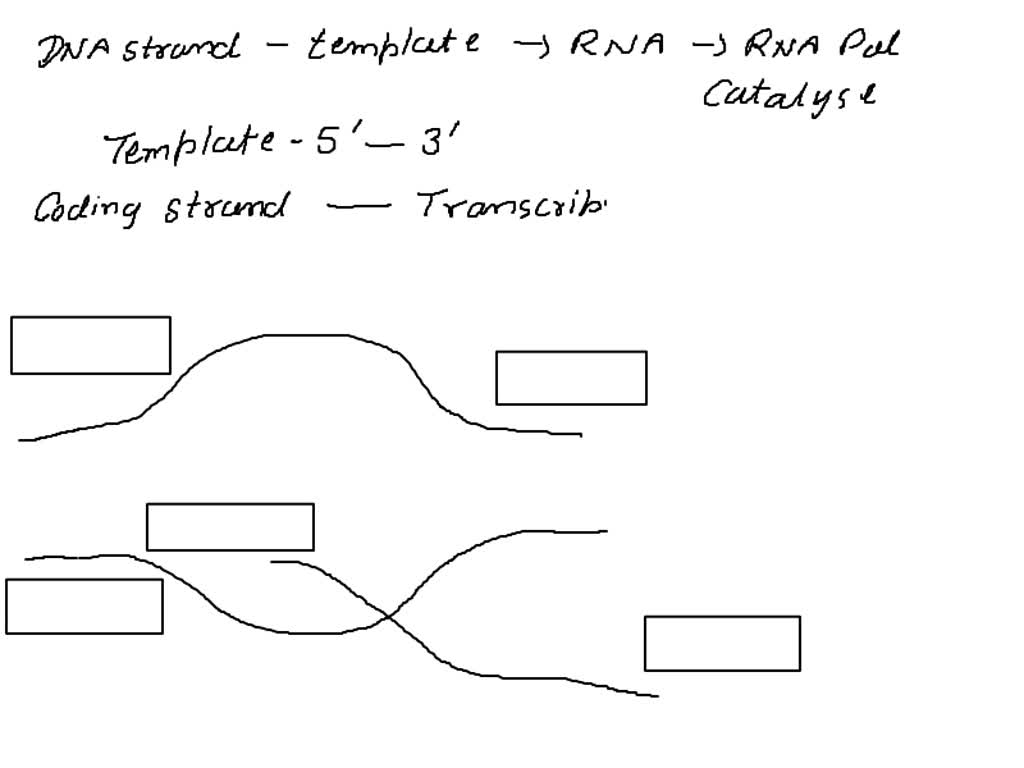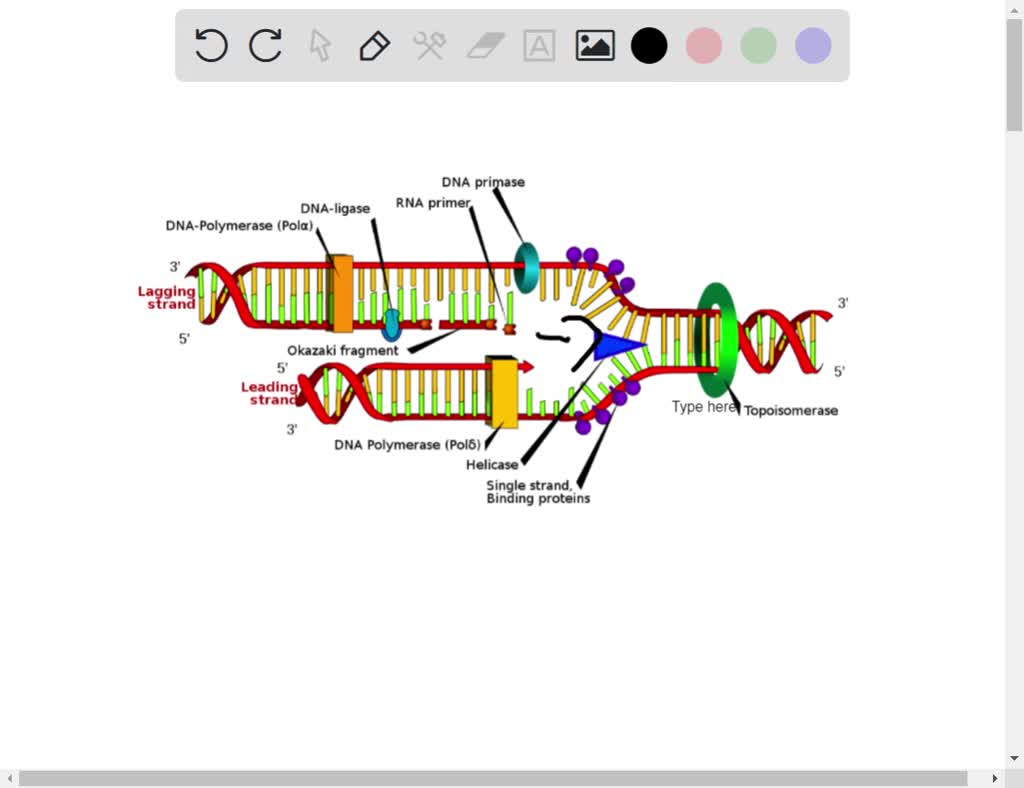Template Strands
Template Strands - Replication relies on complementary base pairing, that is the principle explained by chargaff's rules: Learn about this topic in these articles: This strand is called the template strand. Web what is the dna template strand? Its main function is to determine the correct nucleotide sequence for mrna during transcription. It acts as the template for rna synthesis, guiding the formation of mrna. Each strand then serves as a template for a new dna molecule. Understand the difference between template and coding strands. Web like dna replication in an organism, pcr requires a dna polymerase enzyme that makes new strands of dna, using existing strands as templates. This is accomplished by the process of dna replication. When a cell divides, it is important that each daughter cell receives an identical copy of the dna. The leading strand is built continuously, while the lagging strand is built in fragments, called okazaki fragments. Its counterpart, the antisense strand, guides the creation of a complementary rna strand during transcription. New dna is made by enzymes called dna polymerases, which. Aug 7, 2021 at 22:09. Its main function is to determine the correct nucleotide sequence for mrna during transcription. Web the coding strand determines the correct nucleotide sequence of mrna. Web the model for dna replication suggests that the two strands of the double helix separate during replication, and each strand serves as a template from which the new complementary. It acts as the template for rna synthesis, guiding the formation of mrna. Learn what is meant by a template strand and a coding strand. Web transcription uses one of the two exposed dna strands as a template; This pairing is indispensable for accurate replication and transcription. What is dna template strand? Web position of the template and coding strands during transcription. Adenine (a) always bonds with thymine (t) and cytosine (c) always bonds with guanine (g). Web this template strand is called the noncoding strand. This strand is called the template strand. Dna replication is a precise process where dna unwinds and splits into two strands. The leading strand is built continuously, while the lagging strand is built in fragments, called okazaki fragments. Ester falconer 5 , mark hills 5 , ulrike naumann 5 , steven s s poon 5. The dna strand that would correspond to the mrna is called the coding or sense strand. Web position of the template and coding strands during transcription.. Web the template strand is the one that rna polymerase uses as the basis to build the rna. Web the template strand is the strand which serves as the template for the mrna synthesis during transcription. Replication relies on complementary base pairing, that is the principle explained by chargaff's rules: Web transcription uses one of the two exposed dna strands. The leading strand is built continuously, while the lagging strand is built in fragments, called okazaki fragments. The rna product is complementary to the template strand and is almost identical to the other dna strand, called the nontemplate (or coding) strand. What is dna template strand? Web the template strand is the strand which serves as the template for the. It acts as the template for rna synthesis, guiding the formation of mrna. This pairing is indispensable for accurate replication and transcription. Web transcription uses one of the two exposed dna strands as a template; Its main function is to determine the correct nucleotide sequence for mrna during transcription. Understand the difference between template and coding strands. It acts as the template for rna synthesis, guiding the formation of mrna. The template strand acts as a base for mrna transcription. When referring to dna transcription, the coding strand (or informational strand) is the dna strand whose base sequence is identical to the base sequence of the rna transcript produced (although with thymine replaced by uracil). New dna. New dna is made by enzymes called dna polymerases, which require a template and a primer (starter) and synthesize dna in the 5' to 3' direction. Web transcription uses one of the two exposed dna strands as a template; The leading strand is built continuously, while the lagging strand is built in fragments, called okazaki fragments. Learn about this topic. Learn what is meant by a template strand and a coding strand. Dna template strand sequencing of. Aquaticus lives in hot springs and hydrothermal vents. Usually, rna polymerase, which is the enzyme involved in the transcription of genes into mrnas, adds nucleotides in the 5’ to 3’ direction to the growing strand of mrna. The nontemplate strand is referred to as the coding strand because its sequence will be the same as that of the new rna molecule. In conservative replication, the parental dna is conserved, and the daughter dna is newly synthesized. Replication relies on complementary base pairing, that is the principle explained by chargaff's rules: It is also known as sense strand (plus strand) or coding strand. New dna is made by enzymes called dna polymerases, which require a template and a primer (starter) and synthesize dna in the 5' to 3' direction. When referring to dna transcription, the coding strand (or informational strand) is the dna strand whose base sequence is identical to the base sequence of the rna transcript produced (although with thymine replaced by uracil). Learn about this topic in these articles: Dec 30, 2019 at 23:22. The leading strand is built continuously, while the lagging strand is built in fragments, called okazaki fragments. This strand is called the template strand. The replication of dna occurs during the synthesis phase, or s phase, of the cell cycle, before the cell enters mitosis or meiosis. Web like dna replication in an organism, pcr requires a dna polymerase enzyme that makes new strands of dna, using existing strands as templates.
Dna Replication Bubble Diagram

Answered Template strand New strand New strand… bartleby

Template Strand Of Dna

SOLVED The following shows a transcription bubble. Identify the 3 and

What strand of DNA is used to make a complementary copy or to make a

Coding Versus Template Strand During Transcription, Only One Of The Two

Animated Combining Strands PowerPoint Template

SOLVED Draw a molecule of DNA undergoing theta replication. On your

Animated Combining Strands PowerPoint Template

Template Strand Of Dna
Web The Coding Strand Determines The Correct Nucleotide Sequence Of Mrna.
Each Strand Then Serves As A Template For A New Dna Molecule.
Web The Template Strand, Also Referred To As The Antisense Strand Or The Minus Strand, Plays An Important Role In Rna Synthesis.
A Always Pairs With T, And G With C.
Related Post: